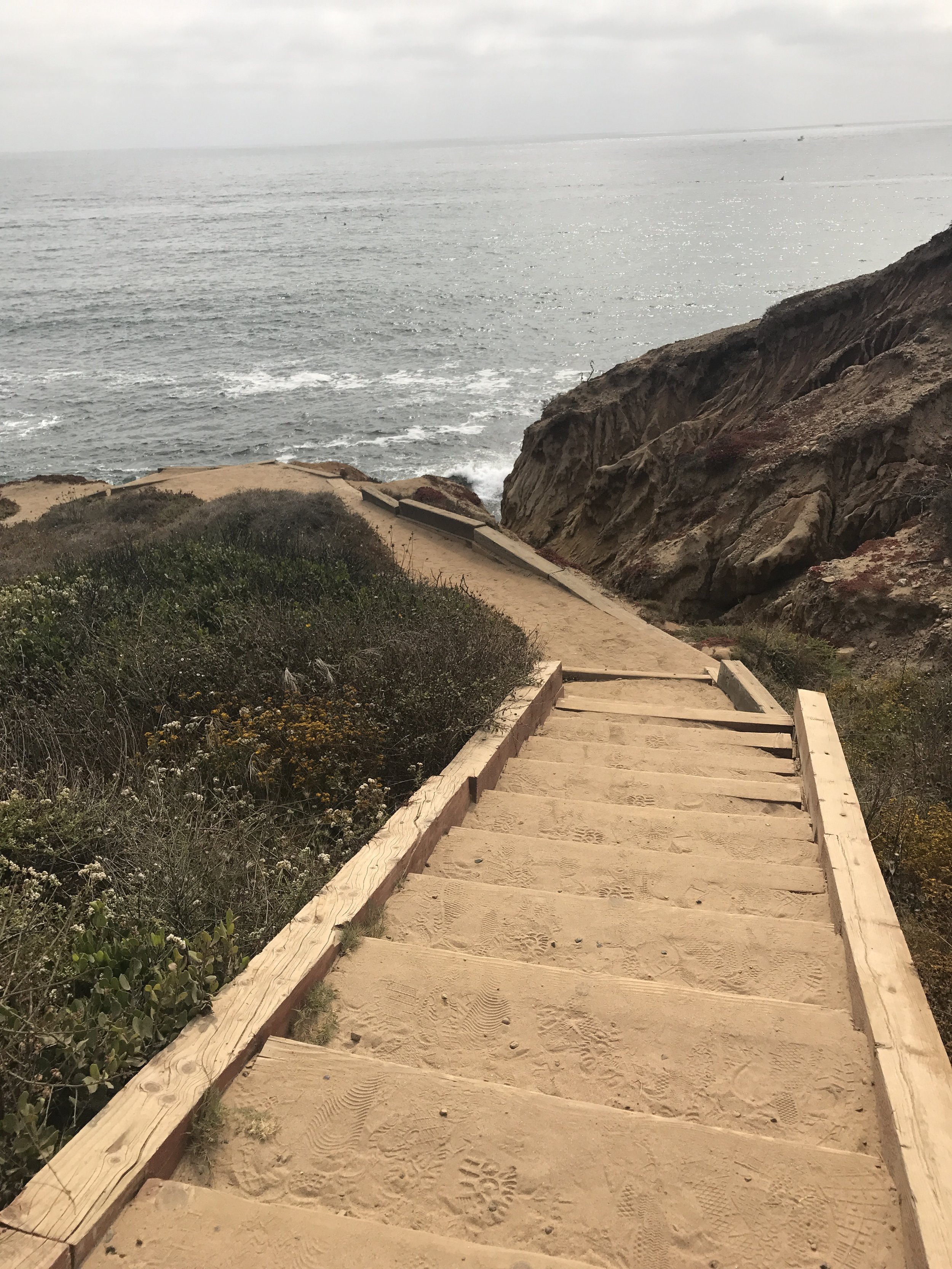
Core Values
Dialectics
Dialectics refers to recognizing extremes, allowing them to exist together, and finding the middle path between them. It is about questioning rigid ways of thinking and being and letting go of judgments and assumptions. It is about finding peace within the storm, even if the storm continues to rage around you. It is a balance of acceptance and change - openness to where you and others are now in this moment and movement towards where you want to be.
Safe Space
At Centered Ground, we understand how challenging it can be to open up and connect, to share what you are struggling with on a deep level. We admire our clients for their vulnerability and courage to trust us in this process and pride ourselves on offering not just a room with a couch but rather a truly inviting office space specifically designed with your comfort in mind. And we welcome you there with a nonjudgmental stance, inviting your authenticity and growth.
Radical Acceptance
Dialectical behavior therapy combines zen wisdom with scientific behaviorism. Within this approach, radical acceptance is a practice of opening yourself up to what is and letting go of judgments about this reality and how you think it should be instead. This does not mean that you have to agree with the reality or like it. Sometimes life hands us immense cruelties and hardships. You do not have to love this, and yet you can free yourself from suffering through accepting it and giving up the fight against it. We cannot change the past, and yet we can learn from it, choose whether to forgive, and move forward to create the present that we want to be living. This type of acceptance is called radical because it is complete and from deep within.
“Everything is as it should be”
Radical Openness
In DBT radical openness combines Sufi wisdom (such as described by Rumi) with research on neurobiology. This approach was created by Thomas Lynch, Ph.D., who describes the practice as follows:
"At its most extreme, radical openness involves actively seeking the things one wants to avoid in order to learn. It entails advancing courageously to the source of the unknown with proper humility. . . Radical openness means being alive in this moment without preconception. It requires a willingness to sacrifice former beliefs to more fully discover what the world has to offer. . .
Radical openness encourages self-enquiry. Self-enquiry requires a willingness to question one’s beliefs, perceptions, emotions (or lack), and behaviors without falling apart or simply giving in. It involves creating a healthy sense of self-doubt and acknowledgment that, on some level, we are responsible for our perceptions and actions in a manner that avoids harsh blame of self or others. The ultimate goal of self-enquiry is not new knowledge or great understanding, per se, but instead the practice of enquiry itself. Openness and self-inquiry function therefore to alert us to areas of our life that may need to change while retaining an appreciation for the fact that change is not always needed or optimal. Indeed, sometimes being closed is what is needed in the moment and/or change is not necessary.
Radical openness differs from radical acceptance because it involves purposefully and actively questioning one’s biases, preconceptions, and/or habitual response tendencies and blocking automatic response that may function to avoid, regulate, inhibit, accept, or defend oneself. Whereas radical acceptance involves letting go of fighting reality, radical openness challenges our perceptions of reality. Indeed, radical openness posits that we are unable to see things as they are, but instead that we see things as we are. . .
In addition, rather than involving a sense of peace, radical openness by definition is almost always painful; because it requires contact with the unknown and acknowledgment that our inner knowing may sometimes be an illusion and/or a type of confirmation bias that functions to avoid change."





